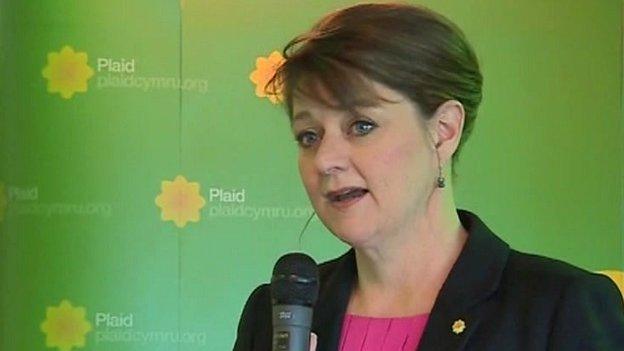Wales' role in the general election battle
- Published
There are 40 seats up for the taking in Wales
All the main trends and battles currently under way in British politics will be reflected in the general election campaign in Wales over the next five-and-a-half weeks.
Above all, Wales will play its part in the battle for Number 10.
Labour have 26 seats out of 40 but the thumping big majorities are not what they once were.
Take Merthyr Tydfil, where the Labour majority is currently just over 4,000. In 1997 it stood at 27,000.
As well as protecting the seats they have, they also have to make up for the losses they are likely to face in Scotland as a result of the rise of the SNP.
Labour's best chance of picking up seats is in Cardiff; they will be pushing the Conservatives hard in Cardiff North where the Tories are defending a majority of 194, and they will be pushing the Liberal Democrats hard in Cardiff Central.
Incidentally, Cardiff North is the best bellwether seat in Wales.
Since 1983, it is the only seat where the local MP has belonged to the same party as the prime minister.
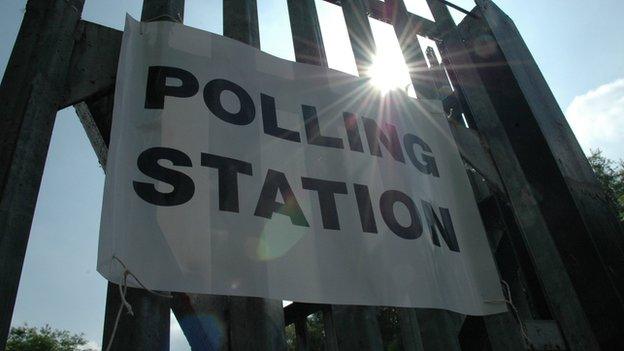
Voters go to the polls on 7 May
The key question for Labour is whether they can win any of their target seats from the Conservatives and Plaid Cymru outside of the capital such as the Vale of Glamorgan, Aberconwy, Arfon and Carmarthen East and Dinefwr.
The Conservatives have eight seats, their highest number since the late 1980s under Margaret Thatcher.
They will feel in a strong position if they can return the same number of MPs from Wales after five years' worth of unpopular cuts to welfare and the public sector.
As well as the existing eight, the Tories have set their sights on Brecon and Radnorshire, a seat they have held in the past and is now held by their coalition partners the Liberal Democrats.
The challenge the Conservatives have is persuading people that recent improvements to the economy can improve the day-to-day lives of voters.
The fact that they are still neck-and-neck with Labour in the polls, despite reductions in unemployment and inflation, would suggest this has not happened yet.
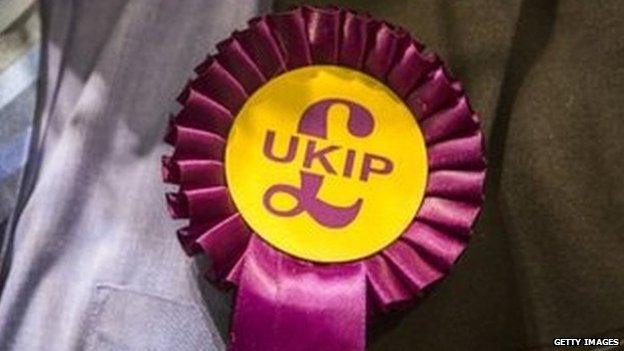
Plaid thinks UKIP will take votes from Labour in north Wales
Plaid Cymru believes the television debates, which will give their leader Leanne Wood the opportunity to speak for Wales at the top table this week, could be a game-change and, for the first time, ensure everyone finally gets to grips with multi-party elections.
Plaid hold three seats and are targeting three others. They feel their best chance is on Anglesey where they claim support for UKIP is making a dent in Labour's vote.
The three seats held by the Liberal Democrats will come under attack from the Conservatives, Labour and Plaid and will be a huge test for the party as it seeks to persuade voters it has made a difference with policies and as a moderating influence in the coalition.
And then there is the UKIP factor.
Last year's European elections was the moment when people stopped describing the party as primarily an English phenomena.
Many realised UKIP has been generating significant support as a result of concerns over immigration, despite the fact that levels are comparatively low in many parts of Wales, and concerns over the EU, despite the fact that billions of pounds of EU-aid has been spent in Wales.
It will be difficult for UKIP to win any seats under the first-past-the-post system in Wales, but the key question is where their votes are coming from. Nobody can give a definitive answer.
In the meantime, UKIP are targeting Alyn and Deeside, Delyn, Merthyr and Cardiff South and Penarth.
- Published30 March 2015
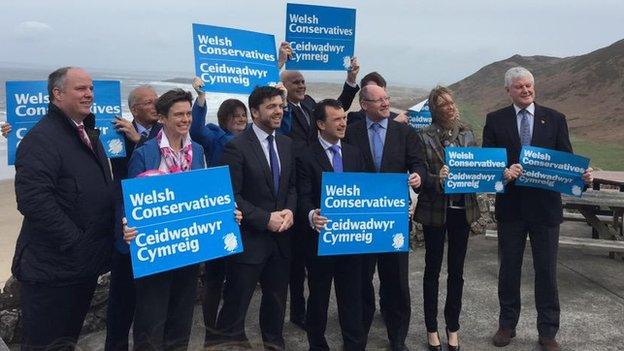
- Published30 March 2015
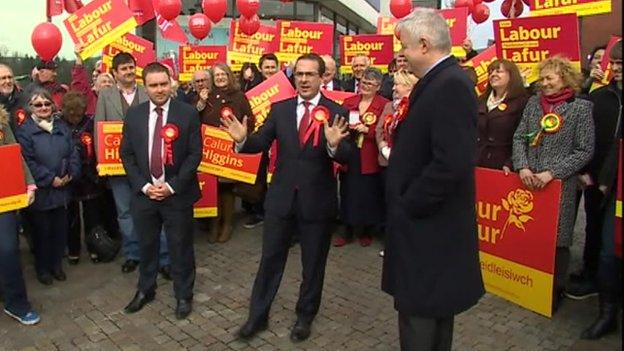
- Published29 March 2015
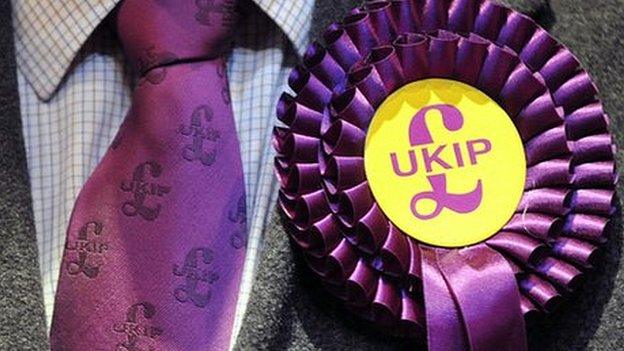
- Published27 March 2015
